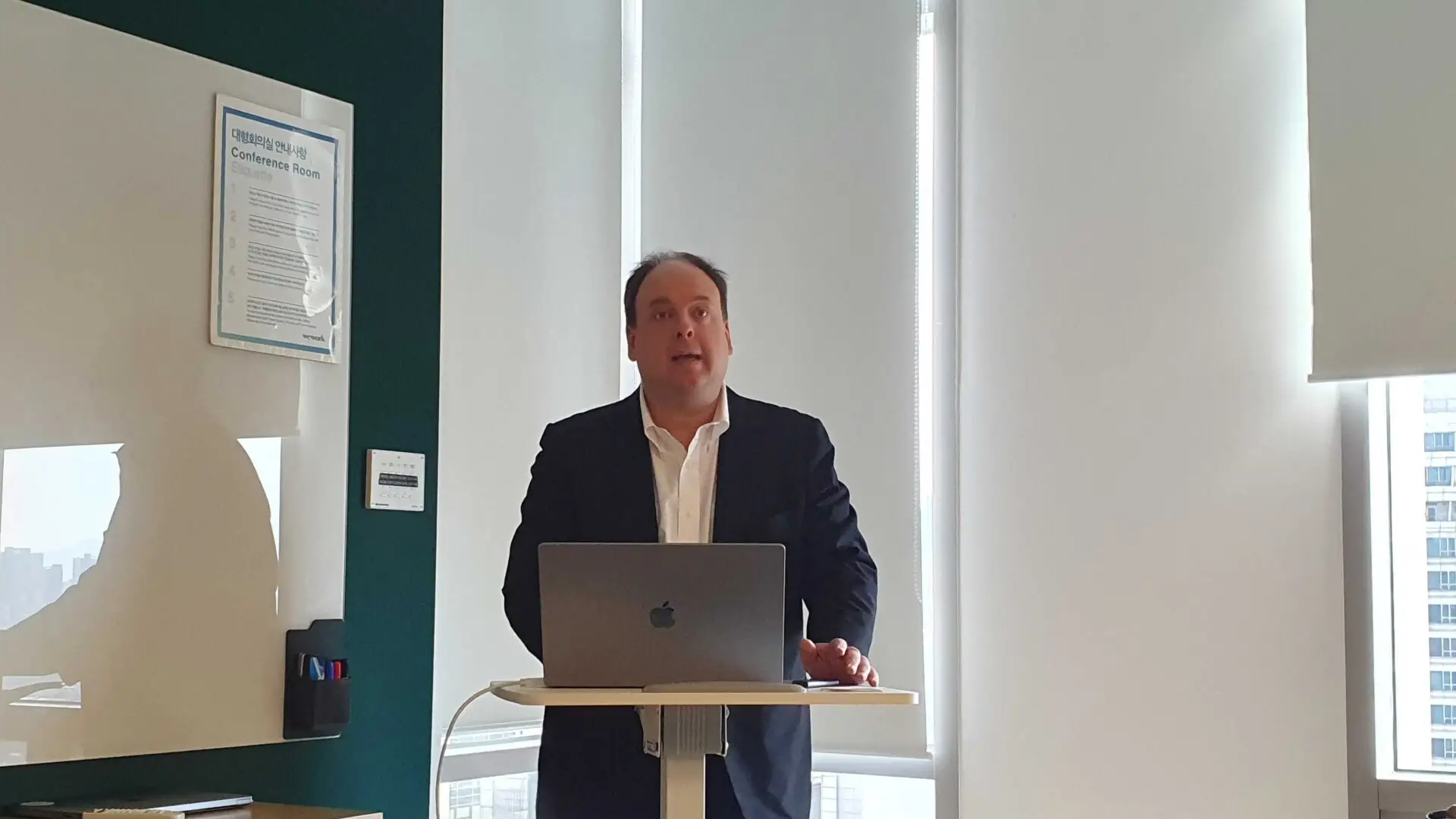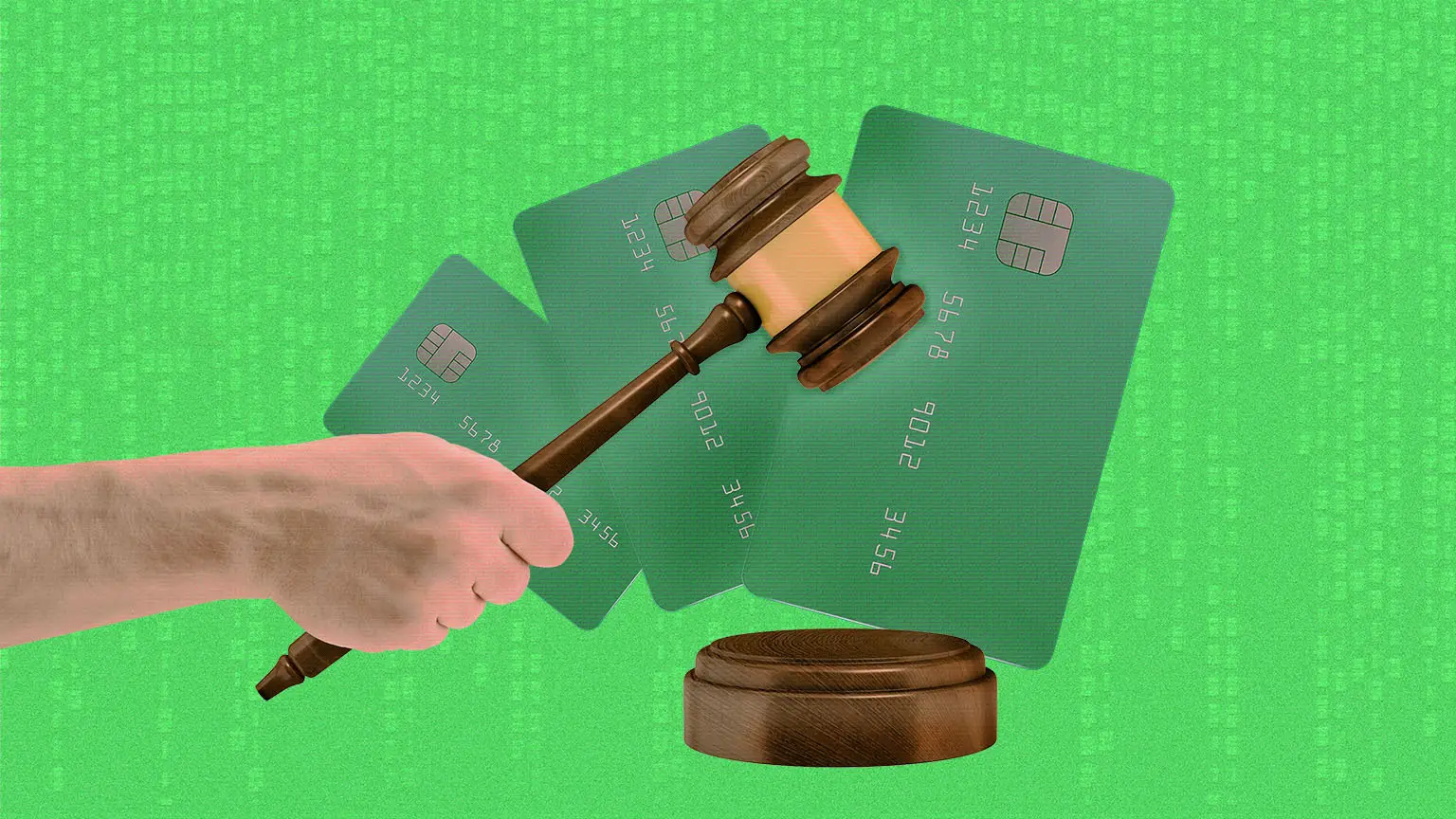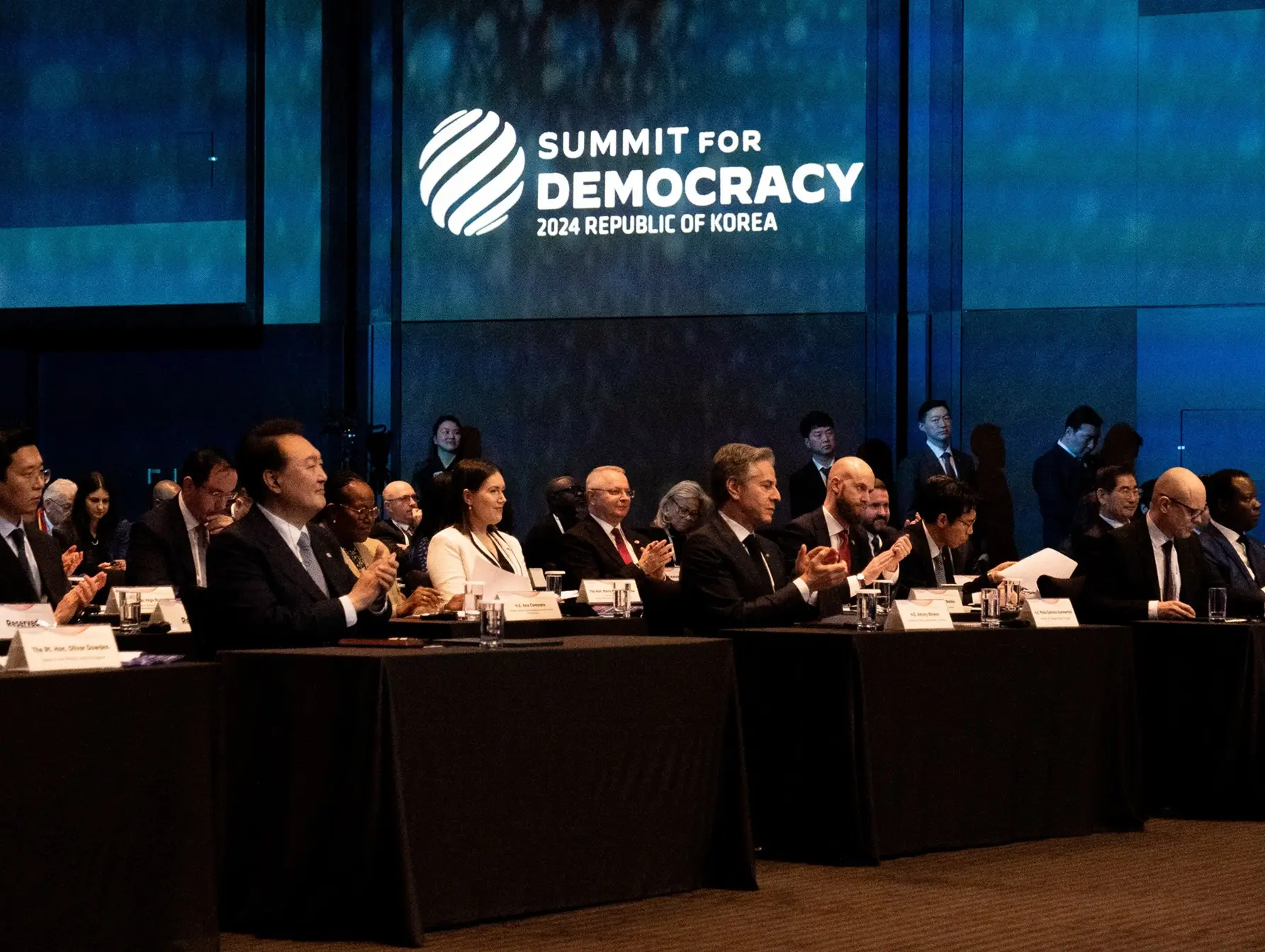“Weekend Briefing” is a weekly newsletter sent to subscribers of The Readable every Friday. Our journalists select important news items from the previous week on topics ranging from privacy to policy development in cybersecurity, all to help you stay abreast of the latest breaking issues. And not only is this provided free of cost to our subscribers, but the briefing contains new content exclusive to subscribers, such as our insightful industrial reports.
In July 2014, Wired magazine published a guest article titled “Data is the New Oil of the Digital Economy.” The piece, authored by Dutch entrepreneur Joris Toonders, posited that data, much like oil, holds immense value for those who recognize its potential and learn how to harness and utilize it effectively, promising substantial rewards.
Over the last decade, it has become increasingly clear that cybercriminals were among the first to recognize the opportunities presented by data, capitalizing on it more swiftly than anyone else. In a bid to maximize profits, these threat actors, including ransomware attackers, have shifted their focus to data extortion. This tactic goes beyond merely encrypting victims’ data and demanding payment for its decryption. Google Mandiant highlighted this shift during a press briefing in Seoul, offering insights into the evolving landscape of cyber threats.
Recently, a decade-long legal dispute between two South Korean financial service providers concluded. This case centered on a significant breach involving 53 million records of personal information. The Readable, delving into the heart of the matter, covered the major controversies sparked by this lawsuit. We have summarized the ten-year battle aimed at strengthening citizens’ right to privacy, highlighting the critical issues and challenges that arose along the way.
This briefing includes The Readable’s exclusive interview with Ossian Smyth, the Irish Minister of State tasked with responsibility for cybersecurity. Additionally, we provide detailed coverage of the third Summit for Democracy, which took place in Seoul this week, offering a comprehensive overview of the discussions and outcomes from the event.
This is Dain Oh reporting from South Korea, and here is your weekend briefing.
1. Ransomware attacks shift focus to data extortion, US expert warns

An expert at a United States cybersecurity firm highlighted on Wednesday that ransomware attackers are increasingly focusing on exfiltrating victims’ data rather than encrypting it, aiming to maximize their financial gains.
Steve Ledzian, Chief Technology Officer for Asia Pacific and Japan at Mandiant, a cybersecurity firm owned by Google, observed a shift in the cyber threat landscape, particularly targeting cloud services. Drawing on a report issued by Google Cloud last month, the CTO highlighted changes in ransomware attackers’ tactics.
In addition to traditional ransomware attacks, where cybercriminals encrypt victims’ data and offer decryption in exchange for payment, attackers are now also stealing critical data from servers and threatening to publicly disclose it. The impact of such data exposure can vary depending on the nature of the victim’s organization but often results in more severe consequences than mere service disruption, including but not limited to reputational damage and potential regulatory or legal repercussions. READ MORE
2. Credit card company secures $48M verdict following decade-long legal battle over massive data breach

A decade-long legal battle involving a data breach that affected the majority of the South Korean population concluded last week. The court confirmed a compensation award of $48 million to a credit card company.
The Supreme Court of Korea has rejected the appeal of the defense and ordered the company to pay 62.3 billion won (approximately $48 million), along with compensation for delayed damages, to the corporate plaintiff. This decision comes after the plaintiff’s customer data was stolen in 2013 by an individual employed by the accused firm.
In 2016, KB Kookmin Card (KB) initiated legal action against Korea Credit Bureau (KCB), accusing it of irresponsibly placing a new employee, who had undergone merely a day’s training, in a position that entailed managing customer information. This employee subsequently managed to exfiltrate data belonging to KB’s customers. The volume of data compromised in this breach was approximately 53,780,000 records, surpassing the entire population of South Korea, which stands at around 51,300,000. READ MORE
3. Leaders stress partnership to combat digital threats to democracy

On Monday, global leaders emphasized the need for collaborative efforts between the public and private sectors, alongside international cooperation, in response to the fast-paced evolution of technological tools, highlighting the significant threat such developments pose to the integrity of democratic systems.
During the first session of the multi-stakeholder roundtable at the third Summit for Democracy held in Seoul, United Kingdom Deputy Prime Minister Oliver Dowden remarked on the dual nature of technological advancements, especially in artificial intelligence. “Technological development, particularly in relation to artificial intelligence, has the potential to transform society for the better,” Dowden stated. However, he also warned of the dangers, noting, “But we also need to be alert to the risks posed by potential misuse of these technologies by actors who are looking to undermine trust in our democratic institutions.” The summit, titled “Democracy for Future Generations,” was co-hosted by South Korea, the United States, the UK, and Ecuador. READ MORE
4. Transparency: Ireland’s strategy to safeguard elections in the AI era

Even before 2024 began, world leaders and industry professionals voiced concerns over the potential threat posed by artificial intelligence technologies to democracy, as 50 countries were scheduled to hold elections throughout the year. Ireland, home to the European headquarters of major global technology companies in its capital city of Dublin was no exception to these international worries.
On March 8, Irish citizens cast their votes in two referendums, making Ireland one of the first countries to conduct elections this year. Another election is scheduled for June. Along with the other 26 European Union member states, Ireland will participate in selecting the 720 members who will make up the European Parliament.
Over a week after the referendum, on March 16, The Readable sat down with Ossian Smyth, Minister of State with responsibility for cybersecurity, to discuss Ireland’s strategy for safeguarding its citizens against AI-driven cyber threats. This meeting was scheduled during his visit to South Korea, both to celebrate St. Patrick’s Day and to attend the third Summit for Democracy, which took place on March 18. READ MORE
5. US alerts 50 governors to cyberattack threats on water systems

On Tuesday, the United States government sent a warning letter to all 50 US governors, alerting them to the threat of hackers targeting US water systems and urging their cooperation to bolster cybersecurity. The letter stressed the critical need for a collaborative effort to enhance the protection of water infrastructure.
National Security Advisor Jake Sullivan and Environmental Protection Agency Administrator Michael Regan, who co-authored the warning letter, identified two primary threats, emanating from Iran and China.
The letter accuses cyber attackers affiliated with the Iranian Government’s Islamic Revolutionary Guard Corps (IRGC) of exploiting cybersecurity vulnerabilities to gain unauthorized access to US water systems. Furthermore, the letter references the cyber group Volt Typhoon, sponsored by The People’s Republic of China (PRC), which has been involved in disrupting the information technology systems of several critical infrastructures in the US, including those related to drinking water. READ MORE
6. Two Indonesians under investigation for alleged theft of Korean fighter aircraft technology

South Korean police conducted a search and seizure operation targeting two Indonesian technicians suspected of attempting to steal the country’s advanced fighter aircraft technology, a project that required a substantial investment of $6 billion to develop.
On March 15, investigators from the Gyeongnam Provincial Police conducted a raid on the headquarters of Korea Aerospace Industries (KAI) in Sacheon, a city within South Gyeongsang Province. During the operation, they seized computers belonging to the Indonesian suspects, in addition to having confiscated their mobile phones from their residences the previous day.
KAI specializes in producing military aircraft that are crucial to the national defense strategy, including the supersonic fighter jet KF-21. Although technically a private entity, the South Korean government is its largest shareholder, giving KAI the characteristics of a public organization. READ MORE
More stories this week…
7. [U.S. government] ARPA-H joins DARPA’s AI Cyber Challenge


